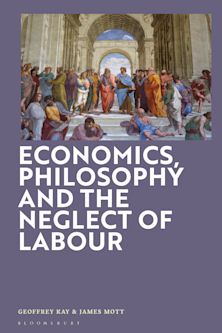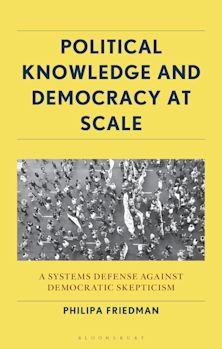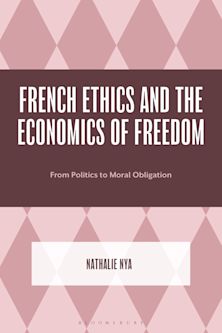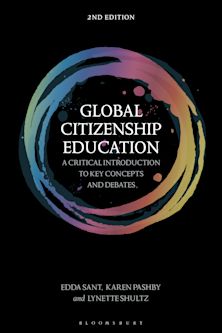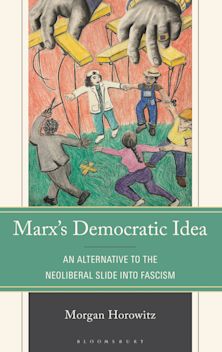István Szabó
Filmmaker of Existential Choices
István Szabó
Filmmaker of Existential Choices
Description
István Szabó is one of the few Hungarian filmmakers to have earned a major international reputation over the past half century. This thoughtful and original book is the first examination of Szabó's contribution to contemporary thought, engaging the troubled history of Europe in the 20th and 21st centuries.
István Szabó's importance as a filmmaker lies not only in his attention to film's formal elements but in his deep and ongoing engagement with some of the most urgent ethical and existential questions of our time.
With detailed analyses of István Szabó's major films, from his 1960s works to his Academy Award for Best Foreign Film winner, Mephisto, and on through Szabó's last film in 2020, Final Report, Susan Rubin Suleiman focuses on four important questions pertaining to existential choice: to leave home or to stay in a communist country? To collaborate or not with an authoritarian regime? To affirm or to deny one's Jewishness in the face of antisemitism? To seek or to give up on community in the face of individual or national conflicts? Above all, Suleiman addresses the single most important philosophical question that haunts Szabó's work, as it does that of many other Central European intellectuals and filmmakers of our time. That is, how do individuals attempt, through the life choices they make or that are foisted on them, to create a viable self in extreme historical situations over which they have no control?
Table of Contents
1. To Leave or to Stay? Existential Choices under Communism
Getting around the Censor in the 1960s
Leaving and Its Consequences in Lovefilm
Those Who Stay: Visions of Home in the 1970s
2. What Price Glory? The Talented Individual and State Power
Step by Step: The Road to Degradation in Mephisto
Responsibility in the Rearview Mirror: Taking Sides
The Parvenu's Dilemma: Loyalty and Alienation in Colonel Redl
3. To Be or Not To Be Jewish? Identity as Choice or as Fate
The “Jewish Question” for Jews
Jews in Hungarian Cinema under Communism
Jewish Identity and Its Vicissitudes in Sunshine
4. Living Together? The Idea of Community after Communism
“A Metaphor for Europe”? Passions and Music in Meeting Venus
Hanging On: Precarious Lives in Sweet Emma, Dear Böbe
“Poor Hungary”: Relatives and Final Report
References
List of Figures
Films
Index
Product details

| Published | 25 Jan 2024 |
|---|---|
| Format | Ebook (Epub & Mobi) |
| Edition | 1st |
| Extent | 208 |
| ISBN | 9781350181854 |
| Imprint | Bloomsbury Academic |
| Series | Philosophical Filmmakers |
| Publisher | Bloomsbury Publishing |
Reviews

ONLINE RESOURCES
Bloomsbury Collections
This book is available on Bloomsbury Collections where your library has access.












